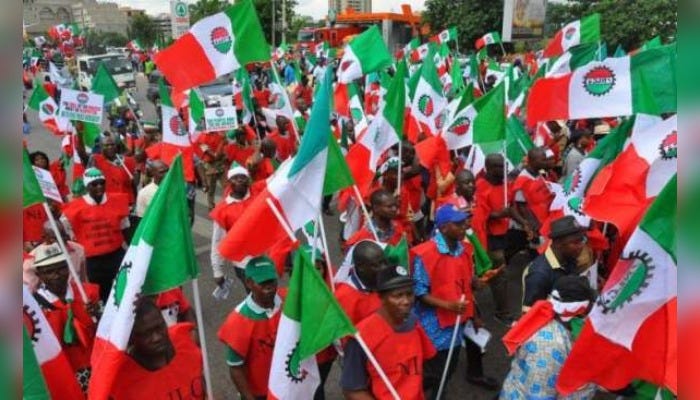
Cause of the Strike:
On June 3rd, 2024, a nationwide indefinite strike action crippled Nigeria. Organized by a powerful coalition of labor unions, including the Nigeria Labour Congress (NLC), Trade Union Congress (TUC), and the Academic Staff Union of Universities (ASUU), the strike transcended typical labor disputes. Other government organizations joined the movement, broadening its impact and showcasing a deeper level of discontent.
The primary reasons for the strike were:
- Deadlock on Minimum Wage Negotiation: Negotiations on a new national minimum wage stalled, with unions demanding a significant increase the government deemed unsustainable.
- Electricity Tariff Hike Rejection: A recent rise in electricity tariffs sparked outrage among workers who felt it would further strain their finances.
Impact of the Strike:
The strike’s impact was far-reaching, disrupting daily life across Nigeria. Key sectors experienced significant disruptions:
- Public Services: Government offices, including courts, administrative buildings, and even the National Assembly building, were completely shut down, grinding essential services to a halt.
- Education: Universities, along with many public schools, shut down due to ASUU’s participation. This further compounded existing educational challenges.
- Transportation: Public transportation services like buses and trains came to a standstill as workers affiliated with relevant unions joined the strike.
- Banking and Finance: Banking operations were severely hampered as some financial institutions participated in the strike.
- Fuel and Energy: The strike disrupted operations in the fuel and energy sectors, leading to reports of fuel shortages and power outages. The Transmission Company of Nigeria (TCN) confirmed nationwide power cuts, essentially causing a total blackout in many regions.
- General Commerce: Many businesses, both private and public, were forced to close or operate at a significantly reduced capacity due to the strike.
Resolution:
Thankfully, the strike was relatively short-lived. Following intense negotiations, a resolution was reached on June 4th, 2024. The details of the agreement are not entirely public, but reports suggest the Federal Government offered to increase salaries above N60,000, likely as a compromise on the minimum wage demands.
